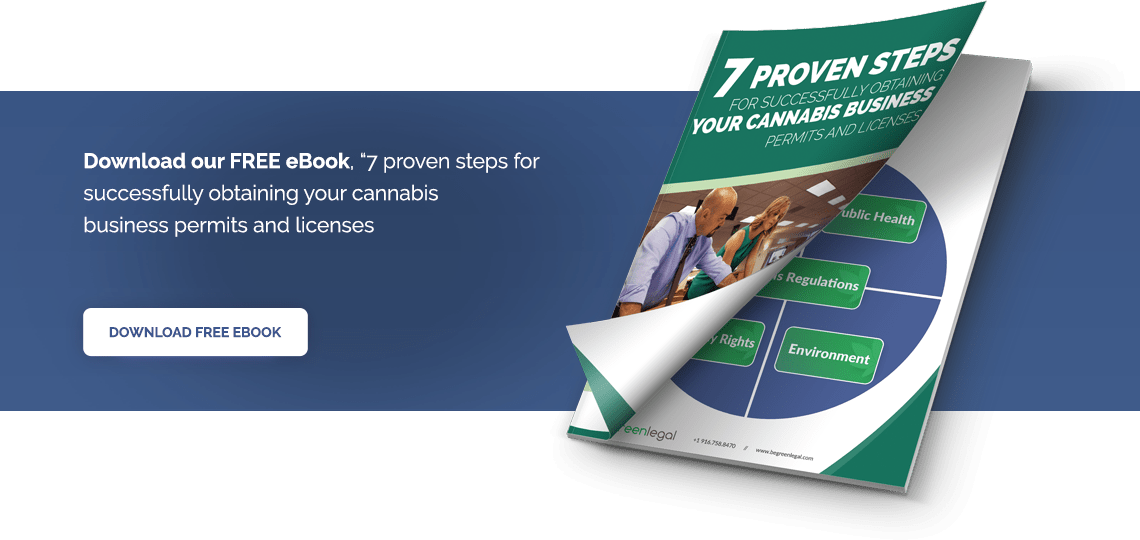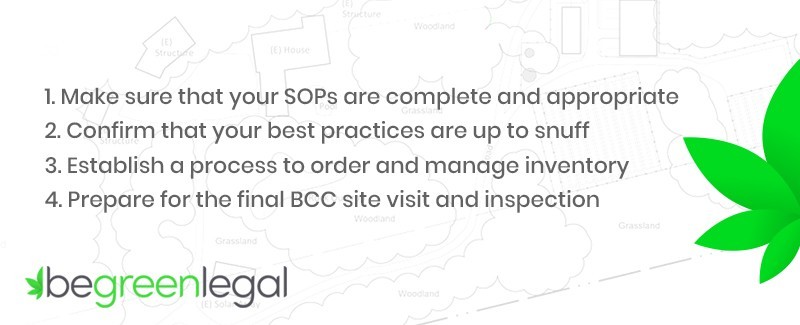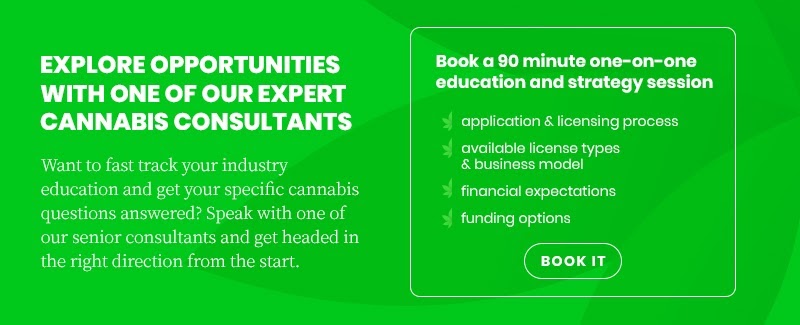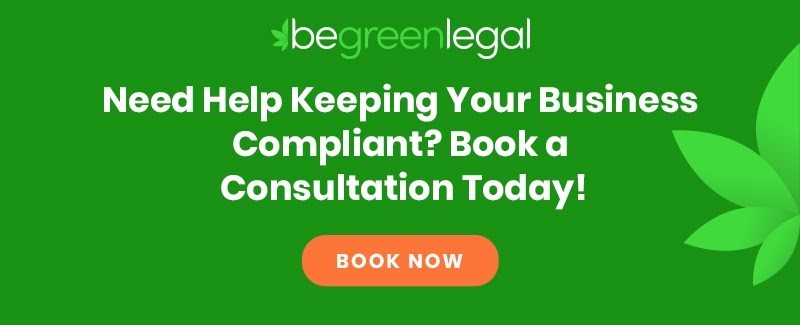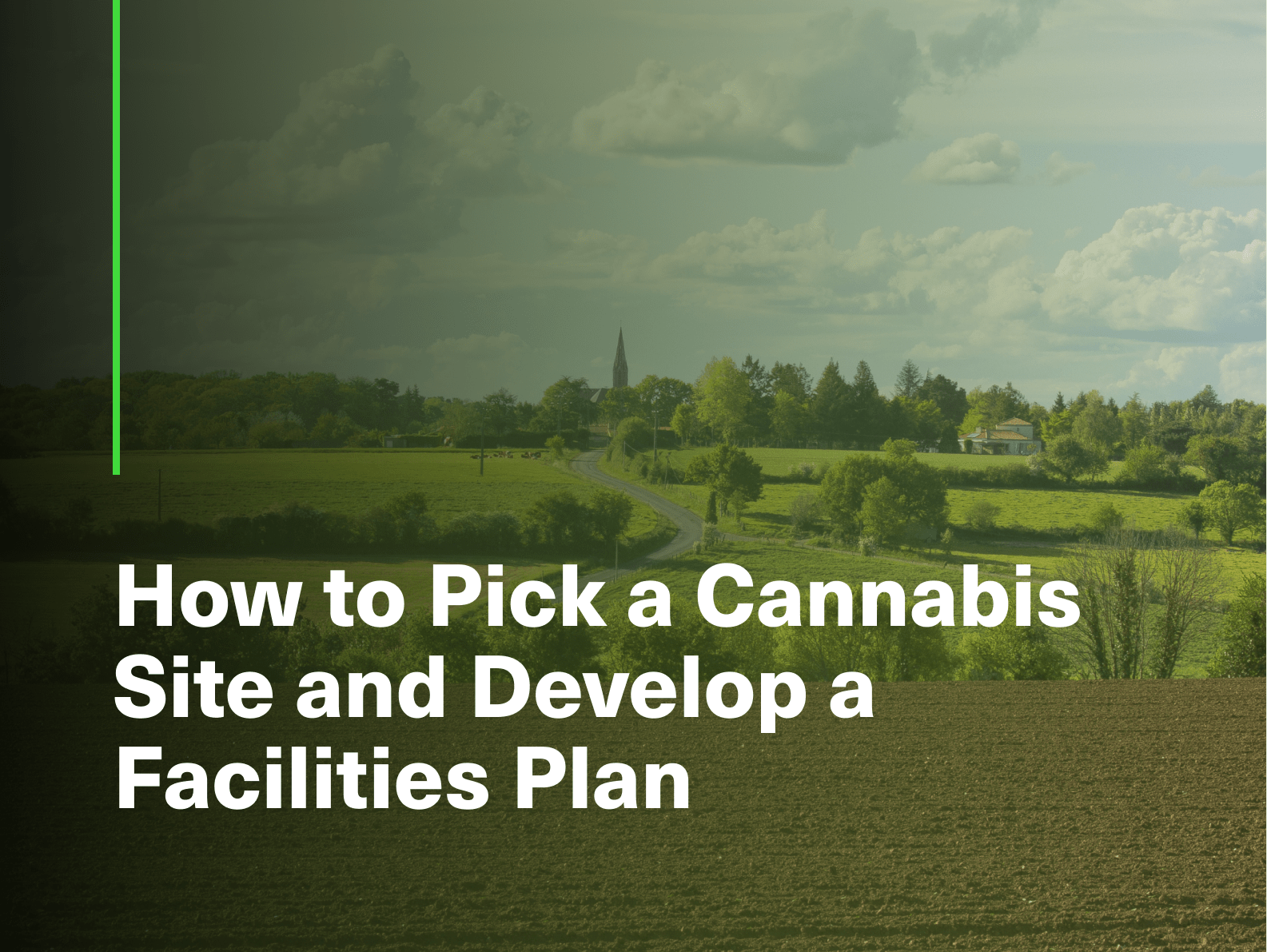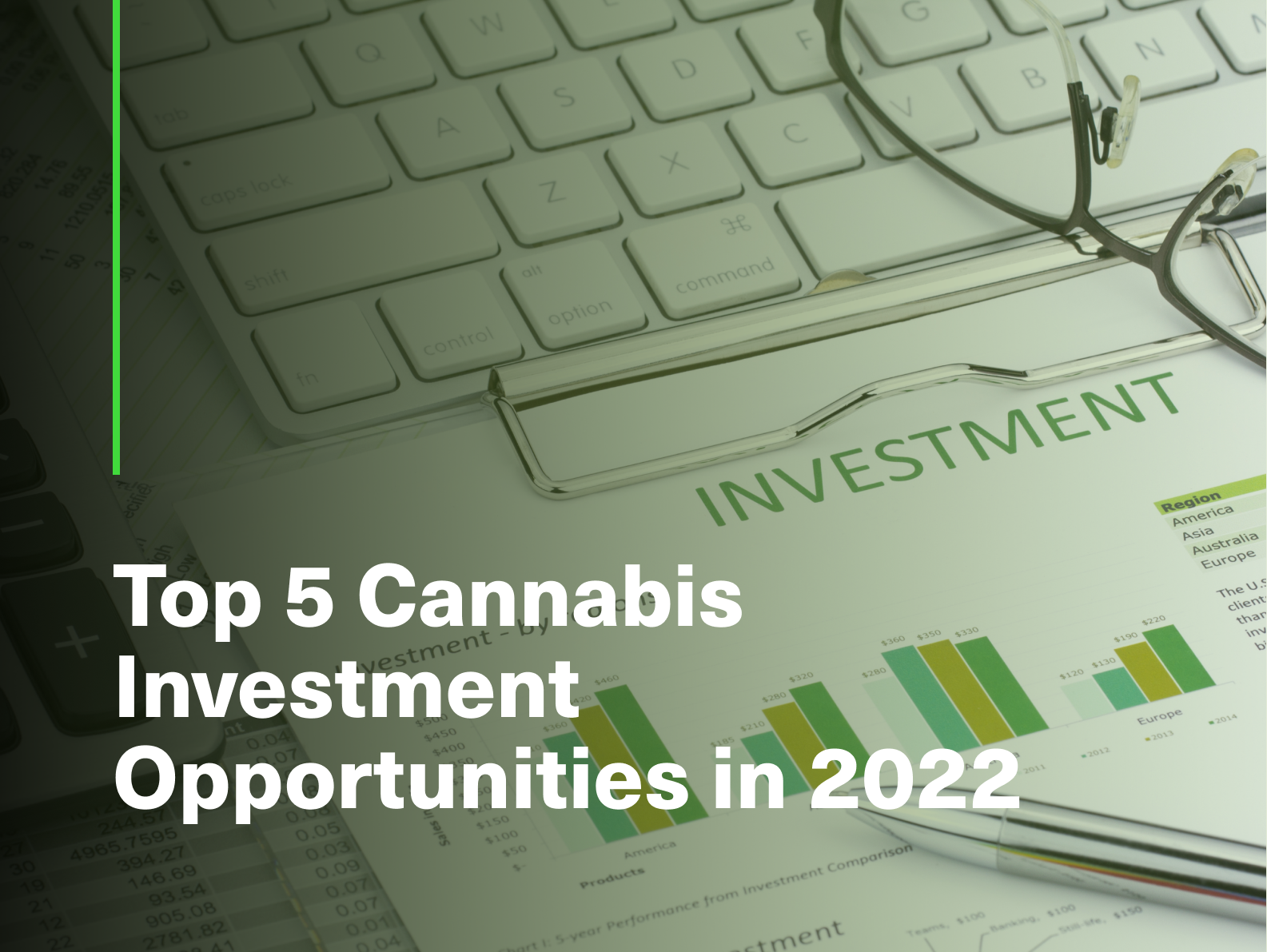If you run an older cannabis testing facility in the state of California, then this article is for you.
Until recently, you’ve been able to operate without properly validating your methodology, but not anymore…
The Bureau of Cannabis Control (BCC) has laid down stricter regulations that require a lot more documentation.
This article gives an overview of the current validation of methods requirements and how we can help you stay in compliance.
It’s time to batten down the hatches!
Chances are, you’ll have to make at least a few adjustments.
If you don’t get it together, you could be facing serious consequences when it comes time to renew your license.
What Is a Legacy Lab?
A “legacy lab” is any cannabis testing facility that originally received a “temp” license in California.
The Main Challenge Facing Legacy Labs Today
In the past, legacy labs could just pay a fee and receive a temporary license with less requirements and minimal validation enforcement.
These came with the expectation that they’d go through renewal within a year.
However, renewal restrictions have gotten tighter, so tight, in fact, that many legacy labs will no longer be in compliance due to several common issues:
Common Problems with Legacy Labs
Brace yourself for a wake-up call…
It’s estimated that roughly 10 percent of legacy labs do standard operating procedures (SOPs) and best practices the right way.
For example, one of the main problems is that they aren’t using two sets of standards to measure cannabinoid content.
Standards are testing calibrants that reduce the chance of errors when testing the potency and purity of compounds.
To make sure your testing results are proper, you need a way to double-check the accuracy of your methods (think of it like a liquid-compound version of calibrating a cannabis scale).
If you aren’t already doing this, you won’t pass BCC testing regulations.
However, in a lot of cases this is just the tip of the iceberg.
Oftentimes labs aren’t even using proper quality standards to begin with.
With that said, your real enemy is time.
The BCC often takes a minimum of two weeks to respond to each method validation request.
If your procedures aren’t validated before your renewal deadline, your license can get canceled or expire and you’ll no longer be able to operate.
Even worse, the entire license application process can take over a year if your license gets canceled or expires.
Yikes!
However, with guidance our team at Be Green Legal (BGL), it can all get done within 2-3 months.
What does it take to pass the application process?
Unfortunately, it gets tricky…
On inspection day, the BCC comes with a checklist—the catch is that they never disclose exactly what’s on it.
In fact, not even the basics of this checklist are public knowledge.
Let’s take a closer look at how BGL can help:
4 Steps to Stay in Compliance with BCC Testing Regulations
Step #1: Method Validation Process
A big part of the method validation process is your Standard Operating Procedures (SOPs).
SOPs are what the state actually requires you to do.
They involve the types of instruments you need and what you’re testing for.
Originally, you submitted SOPs before the new rigorous method validation enforcement, but when you reapply for a renewal license, you’ll need to fine-tune and update your methods.
Some validation reports include over 100 pages of raw data!
Yeah, these things can get BEEFY.
At Be Green Legal, we can review your validation packets, rewrite your SOPs and make sure they adhere to BCC testing regulations.
We can help…
- Guide you through your validation reports
- Put together your validation package, including all the bells and whistles like cover pages
- Help you prepare for the audit process
When it comes to your validation packets, there’s a specific narrative that needs to be followed.
Unfortunately, the BCC doesn’t disclose what this is, but lucky for you, this isn’t our first rodeo.
We’ll help develop the backbone of your packets—there’ll be one for biology and one for chemistry.
We can even train your team to be interviewed by BCC inspectors, but more on that later…
Step #2: Best Practices
Best practices are the general science ways of doing things to ensure validity and proper results.
They involve Good Laboratory Practices (GLPs), like how to handle the material without contaminating anything.
The question is, how do you operate your facility as an ethical scientist?
One way or another, you have to ensure that you’re providing rock-solid data.
The state doesn’t claim to be a master of enforcing best science practices, so they use outside best practices from other scientific organizations.
Ultimately, these fall under the federal regulations of how other science-based industries do it.
Iso-accreditation will definitely judge you by it, even if the state doesn’t.
How can BGL help?
We can advise on best practices in terms of quality control, quality assurance and how to set up analytical runs.
And of course, we’ll review your packette criteria for accuracy and completion.
With that said, we avoid giving advice about actual science practices or anything that might be proprietary.
For example, we’d never tell you how to extract cannabinoids or homogenize cannabis flower—that’s on you.
With that said, we can make sure you’re using the right instrument so that you always produce the accurate data that the BCC testing regulations require.
Step #3: Inventory Planning and Ordering
Anything that you have to buy routinely, we can help you keep it in stock.
For example, filters for samples and solvents like methanol for extracting.
We can also make sure you’re ordering the right solvents.
Believe it or not, some labs aren’t using high enough quality solvents.
This can lead to inaccurate data (something the BCC frowns on).
Our team can develop your inventory to BCC testing regulation standards, making sure you’re always stocked on proper consumables and reagents.
After all, if you’re ever short on essentials, operations have to stop and that’s bad for business.
Oftentimes there are backorders on much-needed supplies, so you want to make sure to order your consumables early.
This is a wake-up call for a lot of legacy labs.
The enforcement of regulations requires stricter management of your inventory, and that’s been creating supply issues while all of your competitors are stocking up.
Step #4: BCC Pre-Licensure Site Inspection
Believe it or not, preparing for your BCC pre-licensure site visit starts with how you write your SOPs.
Whatever you write in your SOPs, you’ll have to follow to the “T” come inspection day.
Overly precise language can make your procedures harder to adhere to when the auditor conducts the inspection.
Our job is to make sure that your SOPs won’t make your audit difficult for you.
First, you submit the SOPs digitally, then the BCC sends inspectors for a site visit.
They can come in and ask you questions about anything you submitted in the validation packet.
When it comes to answering questions, we can coach your team on how to handle them, including:
- What the BCC is going to ask
- What you should and should not do
- What to say and not say
HINT: Don’t overshare information and only answer what you’re asked by the auditor.
Get compliant and ensure your license renewal is seamless and uninterrupted.
With constantly changing BCC regulation and consolidation of licensing agencies on the horizon, it can be difficult to keep up with compliance.
This is especially compounded for legacy or new labs in their first year of operation, as renewal requirements are overwhelming and require significant modifications to your business.
At BeGreenLegal, our team of consultants, geneticists, and manufacturing experts streamline the process of getting your legacy lab in compliance, including turning your SOPs and best practices into a long-term, profit-oriented business plan—taking you from good to great and helping you stand out in the industry.
We are also proficient in helping successful operations scale and prepare for future competition. If you’re doing everything really well, but want to hit the nitro-charger, we can help.
For more information on how to keep your legacy lab in compliance, set up a half hour consultation with one of our expert cannabis consultants today.

